
Human milk or formula is all your baby needs for the first 6 months of life. Your baby’s digestive system is not ready for anything else until about 6 months of age.
Nursing is natural but may take time and practice. WIC breastfeeding peer counselors can help you and support your breastfeeding journey.
The American Academy of Pediatrics recommends exclusively breastfeeding for the first six months and that breastfeeding continue for 2 years, or longer, as desired by mother and baby.
Wait to offer solid foods until your baby:
Try one new food at a time to watch for allergies. Wait 5 days before trying another new food.
Food allergies may include wheezing, rash or diarrhea.
Offer a variety of grain cereals (oatmeal, barley and rice) to your baby. There may be arsenic in rice cereal, offering different types is healthy for your baby.
Once your baby has started solids, a small amount of water is a great choice to give in a cup at mealtimes. Your baby should not have juice or sugary drinks before they turn one.
Babies under one year should NOT have honey, cow’s milk or other non-dairy drinks, or foods that can cause choking like nuts or whole grapes.
Research suggests offering thinned peanut butter to a baby may help prevent a peanut allergy later in life. This can be especially important for families with food or egg related allergies, like eczema or other skin issues. Talk with your baby’s doctor about introducing peanut butter if your family has one of these conditions.
Introduce your baby to peanut butter around 6 months of age, after they have tried other solid foods. Watch your baby for any reaction for two hours after they try it.
All babies are different. To help reduce your baby’s risk of allergies talk to their healthcare provider about introducing peanuts, eggs or other allergenic foods before your baby turns 6 months old.